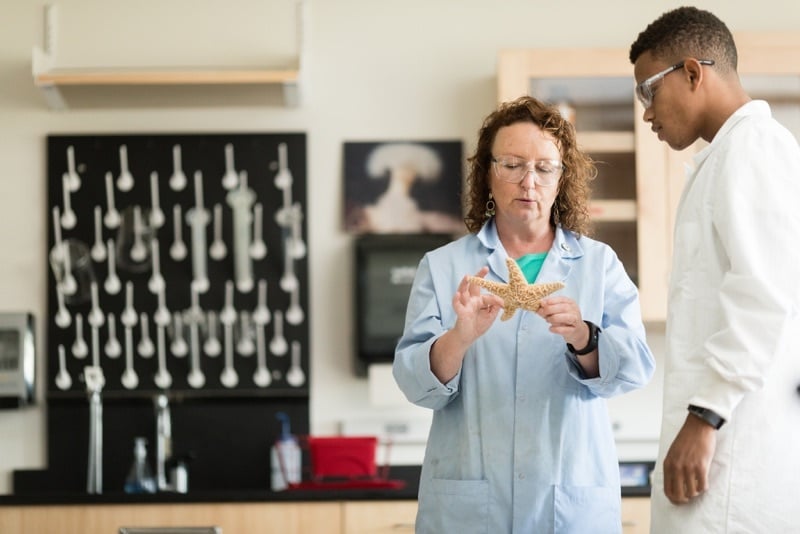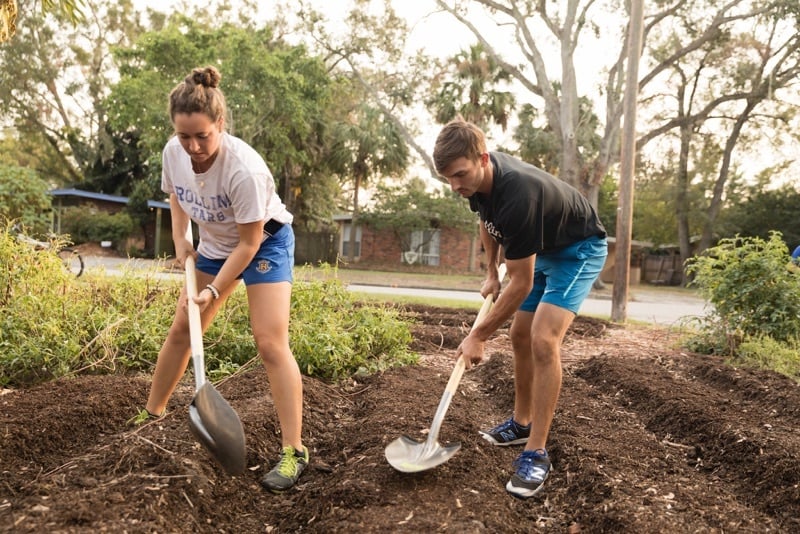9 Ways to Make Yourself Stand Out to Your “Right-Fit” College
I see it every year: Students in high school nervously trying to figure out how to “get in” to college. College admission, after all, can be a bit of a mystery. What are schools looking for? Do I have the right grades and test scores? Should I take that tough AP course even though I might not get an A? Will I be penalized if some of my high school grades are pass/fail?
First, know that this too will pass. In a few short years, all your concerns about “getting in” to college will be gone. You’ll be a college student! Each year, I watch as those nervous high school students grow into settled students who are thriving at the right college for them. But just knowing you will get there is not enough.
Whether you’re thinking about enrolling at Rollins or another school, our goal is to demystify the selection process. Here’s some insider advice from our admission officers to help you navigate your search for the college that fits you best.

By Faye Tydlaska Vice President for Admission and Financial Aid, Rollins College








